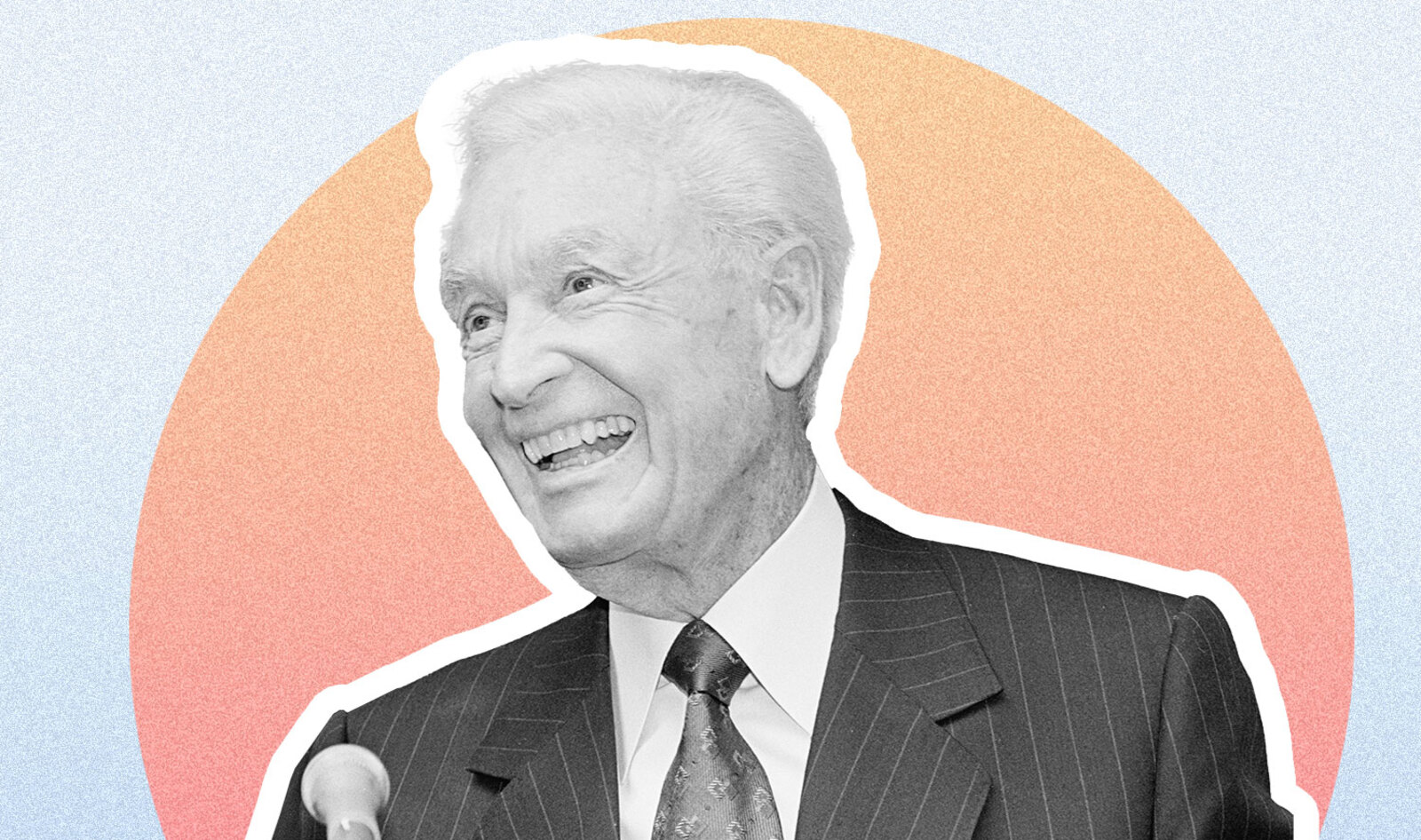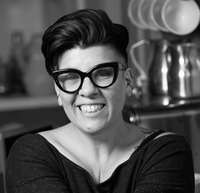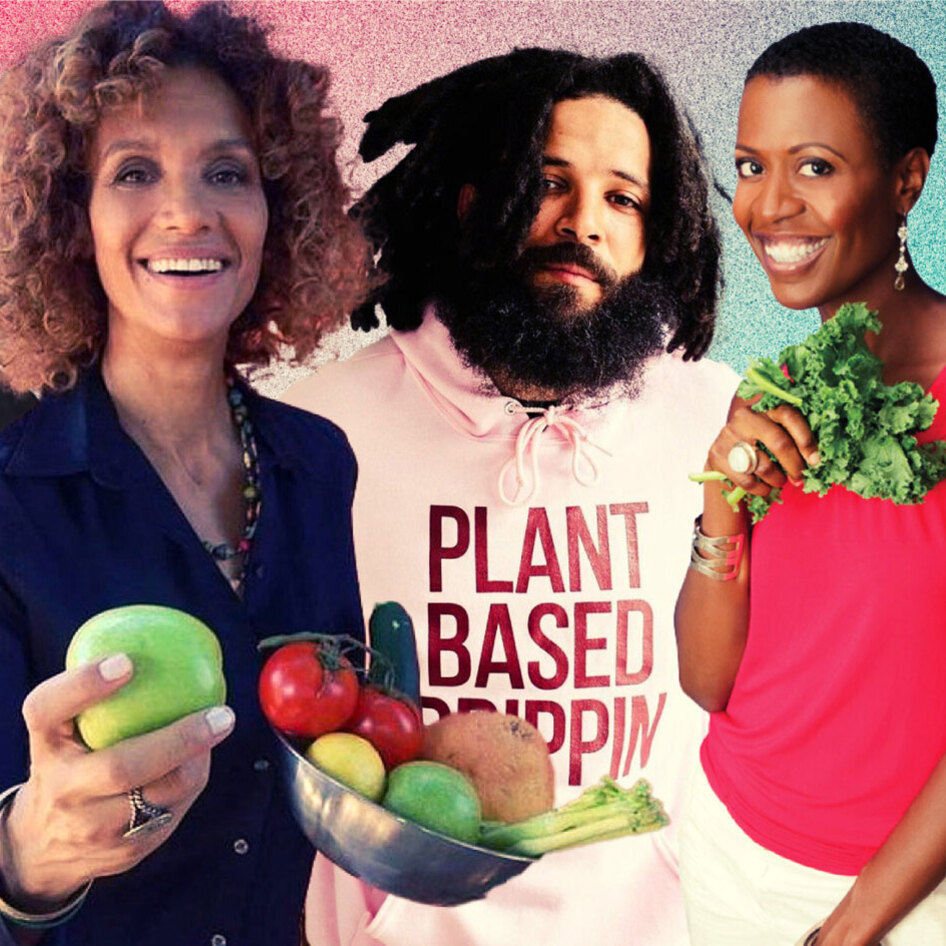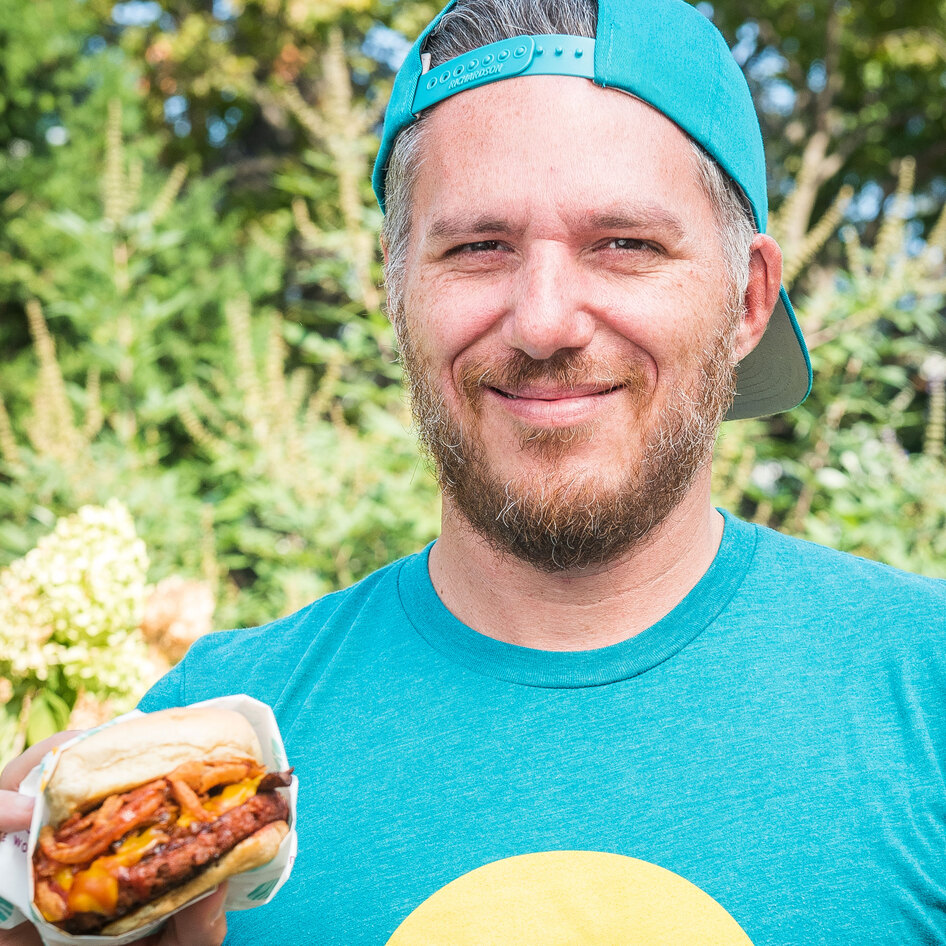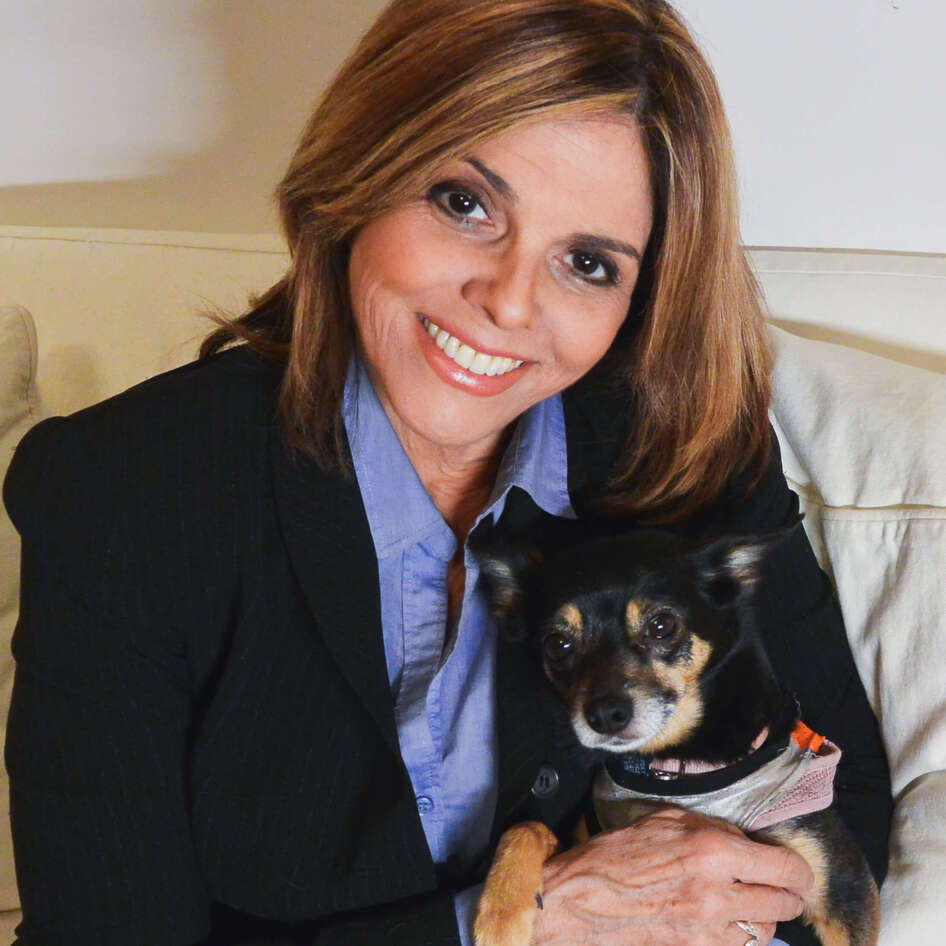No doubt about it: Bob Barker was a bona fide Hollywood giant. He first started his career in Springfield, MO in the ’40s, working his way through broadcasting before landing on the set of The Price is Right in the ’70s—earning him a whopping 19 Daytime Emmy Awards. But along with his illustrious, decades-long career, Barker was also a long-time vegetarian and an ardent animal-rights activist. To commemorate the late legend’s invaluable contributions to the animals, we revisit this exclusive, 2017 interview when VegNews sat with Mr. Barker to find out what exactly inspired his long career in animal advocacy.
VegNews: You ditched meat nearly 40 years ago. How has that impacted you?
Bob Barker: I’m 93 years old. I don’t think that I would be as active as I am at 93 had I not become a vegetarian, and I recommend it for everyone. It’s the healthy way to live.
VN: How did your late wife Dorothy Jo influence your activism?
BB: It was the way that she lived that inspired me. I would buy her furs, and she wouldn’t wear them. She didn’t eat meat, but she never lectured me. She lived the life of an animal-rights activist, and I became so impressed that I started doing what I’m doing.
VN: During your tenure on The Price is Right, you ended each episode by famously advocating that people spay and neuter their dogs and cats. Why is pet overpopulation an important issue?
BB: There are too many cats and dogs born in the United States—there are no homes for all of them, and the only answer is to spay and neuter. There are some people who say, “We can solve it with adoption.” Believe me, that is impossible—the homes just don’t exist. So the only answer is to spay and neuter, and I’m happy to say there’s more of it going on now, by far, than even a few years ago. When I was doing that plug every day on The Price is Right, I was known as the guru of spay and neuter. I once said to my brother that when I die, my tombstone will say, “Have your pets spayed or neutered.”
VN: Speaking more broadly, do you think that when people see undercover footage of factory farms, they’re surprised by the treatment of animals?
BB: I think “surprised” is probably a mild description—I think they are absolutely astonished and appalled.
“So many people are not aware of the animal cruelty that is going on here in our country. They have no idea what these animals go through, and groups like Mercy For Animals expose this cruelty—and then people want to do something about it.”
VN: Your work to support animal-law initiatives— including donating $1 million to fund the Columbia Law School Animal Law Program—has been instrumental in the emergence of animal-law programs at law schools nationwide.
BB: Yes, and I started that with Harvard. I thought I’d try to establish programs like these with some of the finest law schools in the United States. And I thought that if I could get Harvard to do this—it’s such a respected law school—that the others would follow suit. So I called and spoke with someone there, and they immediately, on the telephone, were enthusiastic. And it just caught on. I have now established animal-law programs in nine of the finest law schools in the country.
VN: How has the momentum of the animal-rights movement changed over the years?
BB: The animal-rights movement is like a giant snowball rolling down a mountain. It gets bigger and bigger and it moves faster and faster, and that’s exactly what we want.
VN: What are some of the most recent additions to that giant snowball that you’re particularly excited about?
BB: Thanks to the work of Animal Defenders International in South America, there have been several countries that no longer allow animals in their circuses. And, of course, we no longer have Ringling Brothers, but we’d like to get the animals out of every other circus. We’d like to see every circus become history.
VN: In 1987, after hosting the Miss USA and Miss Universe pageants for 20 years, you requested the removal of fur prizes. What happened?
BB: When I became aware of the cruelty in the production of fur, I went to them and asked them to stop giving away the coats, and they told me they would. But then the next year they didn’t, so I resigned.
“The whole thing, the discussion went on for a while, and it got tremendous publicity. It was known as ‘The Fur Fight’ all across the country. It was one of the best things to happen to the anti-fur movement. It cost me a penny or two, but it was money well spent.”
VN: In what ways do you recommend people use their dollars to stand up for what’s right?
BB: I recommend, of course, becoming a vegetarian. What more need you say, actually? Out of concern for animals, anyone would want to be a vegetarian.
VN: Looking ahead, what do you think the next steps will be to end the exploitation of animals?
BB: I think that we just have to keep on with what we’re doing. More and more people are beginning to understand, and there are more vegetarians in the world than there have ever been before. And I must say that it’s very satisfying to be a part of it. I’m going to be an animal-rights activist until the day I die. I will be helping this movement in any way and every way I can.
For more vegan celebrity interviews, check out:
JUMP TO ... Latest News | Recipes | Guides | Health | Subscribe

